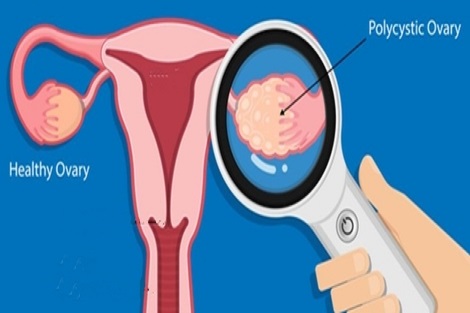Benefits of a Balanced Diet for Overall Health

Maintaining good health is more than just exercising regularly or avoiding harmful habits—it starts with what we eat. A balanced diet is essential for the body to function optimally and protect against illnesses. It ensures that your body receives the necessary nutrients in the right proportions to support physical, mental, and emotional well-being.
What is a Balanced Diet?
A balanced diet includes the right mix of macronutrients—carbohydrates, proteins, and fats—and micronutrients such as vitamins and minerals. It also incorporates fiber and water to aid digestion and maintain hydration. A well-balanced diet typically consists of:
Fruits and vegetables: Rich in vitamins, minerals, antioxidants, and fiber.
Whole grains: Provide energy and essential nutrients like B vitamins and magnesium.
Proteins: Sources include lean meat, fish, legumes, tofu, eggs, and dairy. Proteins are vital for growth, repair, and immunity.
Healthy fats: Found in nuts, seeds, olive oil, and fatty fish, they are essential for brain health and hormone regulation.
Dairy or alternatives: Help maintain strong bones and teeth through calcium and vitamin D.
Key Benefits of a Balanced Diet
1. Boosts Immunity
Consuming a variety of nutrients helps strengthen the immune system. Vitamins like C, D, and E, along with minerals like zinc and iron, protect the body against infections and diseases.
2. Promotes Healthy Weight Management
A balanced diet provides the body with enough energy while preventing excessive calorie intake. It helps in maintaining an ideal weight and reduces the risk of obesity-related conditions like diabetes, heart disease, and hypertension.
3. Improves Heart Health
Diets rich in fiber, healthy fats, and antioxidants help reduce cholesterol levels and maintain healthy blood pressure, reducing the risk of cardiovascular diseases.
4. Enhances Mental Health
Proper nutrition affects brain function. Omega-3 fatty acids, vitamins, and minerals contribute to improved memory, focus, and overall mental well-being, while reducing the risk of depression and anxiety.
5. Supports Digestive Health
A diet high in fiber from whole grains, fruits, and vegetables promotes regular bowel movements, prevents constipation, and encourages a healthy gut microbiome.
6. Strengthens Bones and Muscles
Calcium, vitamin D, and protein are essential for building and maintaining strong bones and muscles, reducing the risk of osteoporosis and muscle weakness.
7. Increases Energy Levels
Balanced meals provide steady energy throughout the day. Carbohydrates act as fuel, while proteins and fats ensure long-lasting energy, preventing fatigue and sluggishness.
8. Promotes Longevity
Eating a nutrient-rich diet reduces the risk of chronic diseases, boosts immunity, and promotes overall wellness, contributing to a longer, healthier life.
Tips for Maintaining a Balanced Diet
Include variety in your meals to ensure all nutrients are covered.
Prefer whole foods over processed ones.
Limit sugar, salt, and unhealthy fats.
Drink plenty of water to stay hydrated.
Plan meals in advance to maintain consistency.
Conclusion:
A balanced diet is the cornerstone of good health. By consciously including a variety of nutritious foods, you not only maintain physical health but also enhance mental clarity, emotional stability, and overall quality of life. Small changes in daily eating habits can lead to significant long-term benefits, making a balanced diet an investment in your future well-being.
























